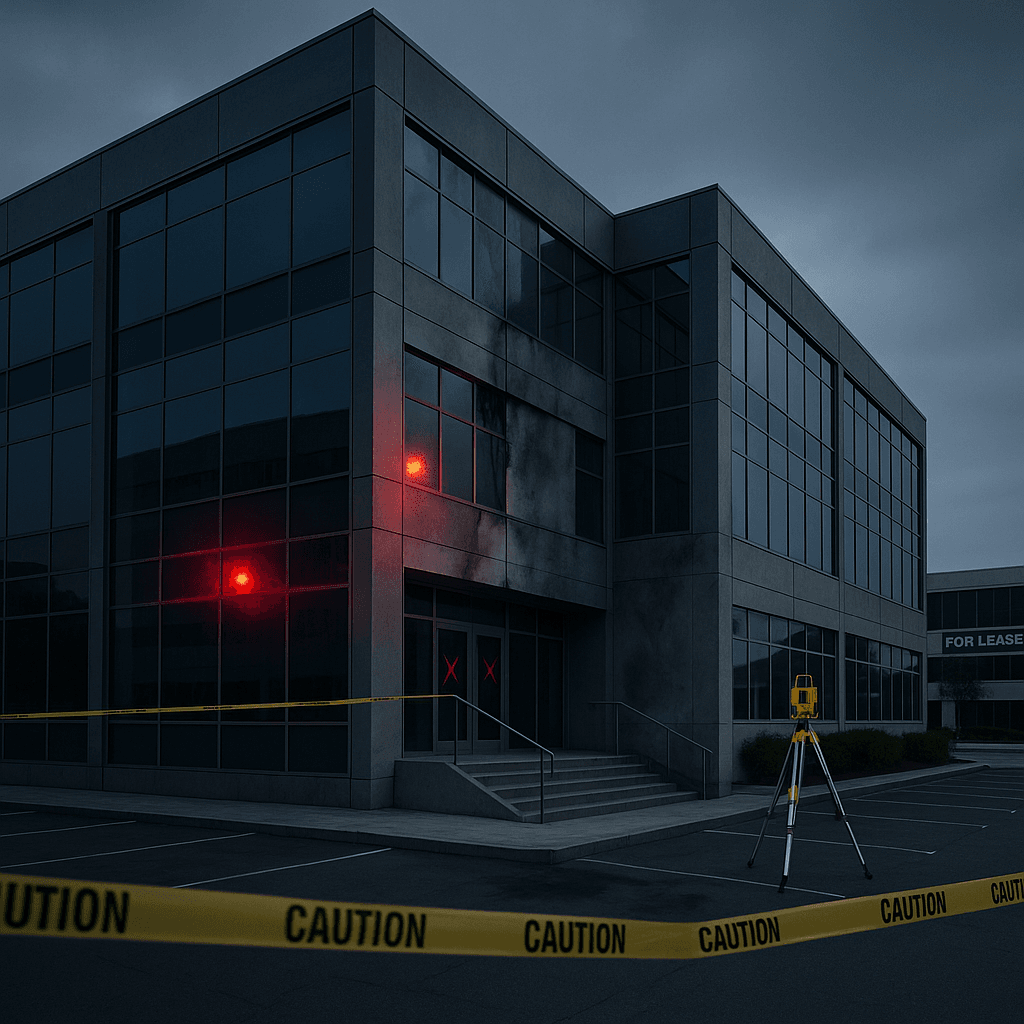A Faraday Future electric SUV caught fire and exploded at the startup's Los Angeles headquarters early Sunday, blowing out a wall and forcing the city to red-tag the building as uninhabitable. The incident comes just as the embattled EV company's lease expires and its landlord actively seeks new tenants.
The explosion that rocked Faraday Future's Los Angeles headquarters early Sunday morning reads like a metaphor for the company's entire trajectory - spectacular, destructive, and perfectly timed to make everything worse. A display FF91 SUV caught fire in the startup's office space at 4:37 a.m., triggering an explosion powerful enough to bulge out a wall and force the Los Angeles Fire Department into a 40-minute battle to contain the flames.
"We are aware of a fire at our facility yesterday, there were no injuries to FF staff, and no evacuation was required," John Schilling, Faraday Future's communications director, told TechCrunch in what might be the most understated damage control statement of the year. The specific cause remains under investigation, though fire department investigators found no human factors involved.
The timing couldn't be worse for a company that's been living on borrowed time - literally. Faraday Future sold this headquarters back in 2019 to generate desperately needed cash, then leased it back from new owner Rexford Industrial. That arrangement went south when the startup fell behind on rent, prompting Rexford to sue for eviction in February 2024. The two sides settled in April, but that lease was set to expire at the end of this month.
Now the building where the fire occurred has been red-tagged by LA's Department of Building and Safety, meaning it needs structural work before anyone can occupy it again. Meanwhile, commercial real estate giant CBRE is already advertising the entire property as available for lease, including both the main building and the now-damaged structure.
This latest crisis caps off what's been a brutal stretch for the once-hyped EV startup. Faraday Future first unveiled its ultra-luxury FF91 SUV back in 2017, promising industry-leading range and premium features that would justify its six-figure price tag. But financial troubles kept pushing back production until 2023, when the company finally started building a handful of vehicles.
Since then, delivery numbers have been anemic - just over a dozen FF91s have made it to customers, mostly celebrities and high-net-worth individuals. Even those sales have been questioned by employee whistleblowers who've accused the company of misrepresenting its delivery figures in what appears to be an ongoing pattern of overpromising.












